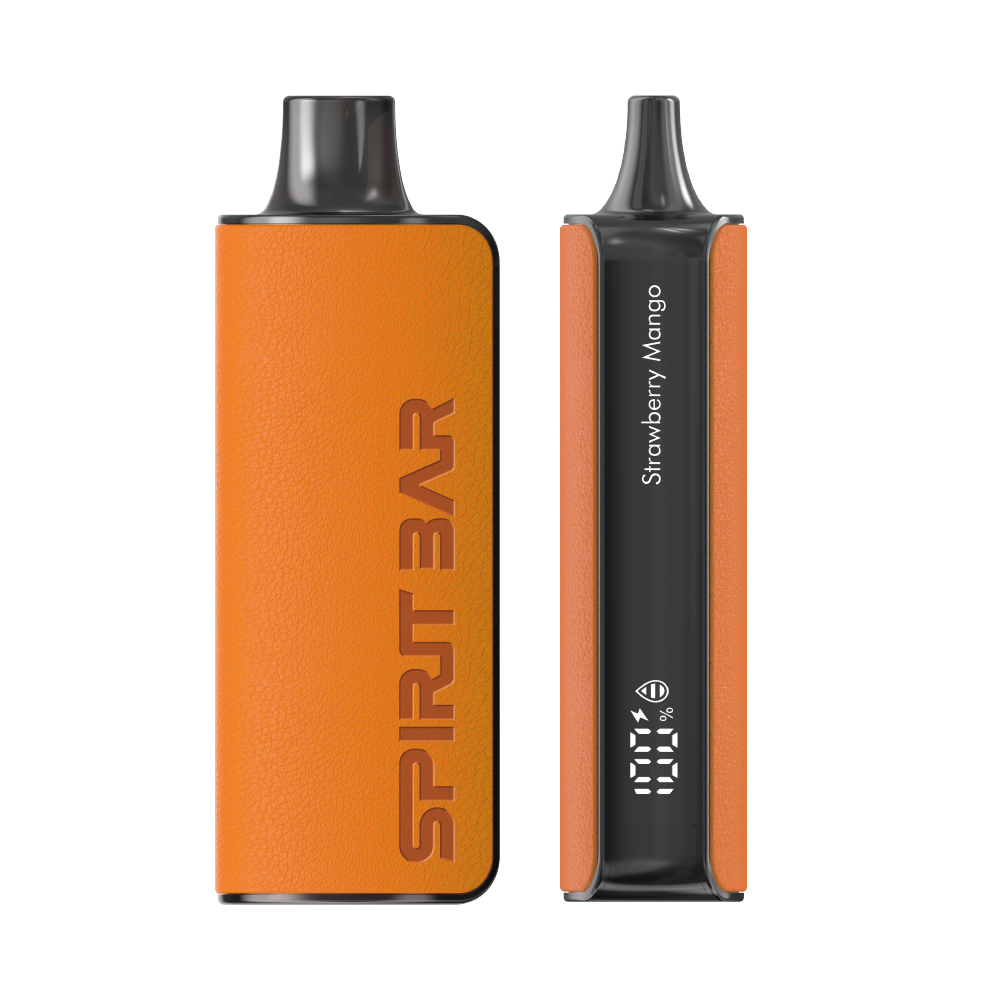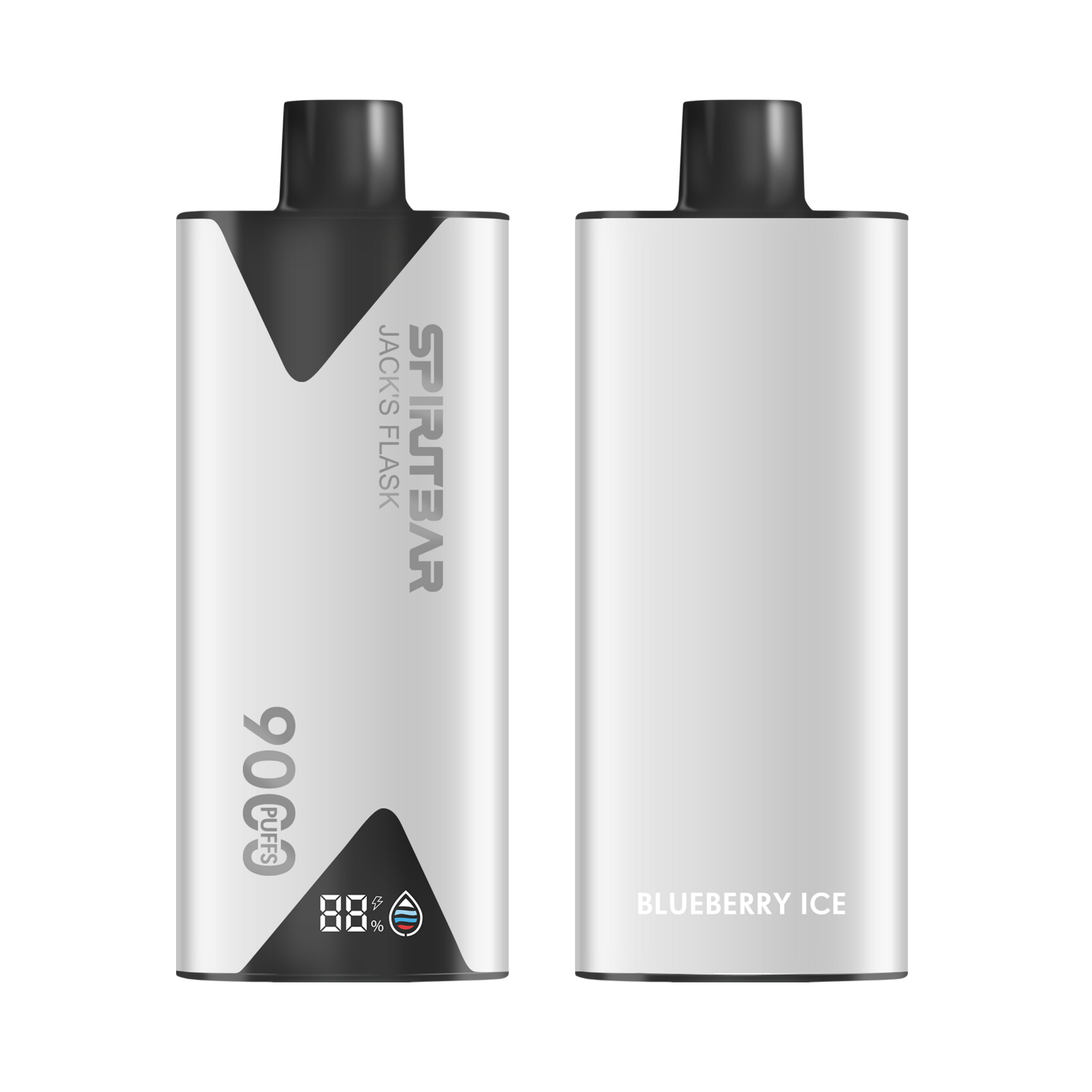Vape or Not to Vape: The Post-Surgery Dilemma
So, you just had surgery, and you’re wondering if you can take a quick hit from your vape. After all, you’ve been told to avoid smoking cigarettes, but what about vaping? While it might be tempting to sneak in a puff, it’s important to consider the potential risks.
First of all, let’s be clear: vaping is not the same as smoking. While smoking involves inhaling smoke from burning tobacco, vaping involves inhaling vapor from an electronic device. However, vaping still involves inhaling chemicals and particles into your lungs, which can potentially interfere with the healing process after surgery.
Nicotine, the addictive substance found in both cigarettes and e-cigarettes, can have negative effects on your body’s ability to heal. According to a study by the Anschutz Medical Campus, smokers have more complications with anesthesia, more complications after surgery, and slower healing than nonsmokers. While e-cigarettes may be less harmful than traditional cigarettes, they still contain nicotine, which can have similar effects on your body. So, while it might be tempting to take a quick hit from your vape, it’s best to avoid it altogether until you’ve fully healed.
The Surgery-Vape Conundrum
So, you’ve just had surgery and you’re wondering if you can hit your vape once. It’s a tricky question, and the answer isn’t as straightforward as you might think. Let’s take a closer look at the surgery-vape conundrum.
A Surgeon’s Perspective
From a surgeon’s perspective, the answer is a resounding “no”. Nicotine use can impair the body’s capacity to recover, and it can lead to complications such as coughing, breathing problems, and delayed wound healing. The nicotine in e-cigarettes can also cause your blood vessels to narrow, which can reduce blood flow to your tissues. This can be particularly problematic for those who have just undergone surgery, as they need all the blood flow they can get to help with the healing process.
A Vaper’s Dilemma
As a vaper, you might be thinking that you can just switch to nicotine-free e-juice and hit your vape once without any problems. However, even nicotine-free e-juice can irritate the throat and airways, causing coughing and discomfort. Post-surgery, the body requires rest to heal effectively, and coughing can strain the surgical site, leading to increased pain and potential complications.
This disposable vape captures the daring spirit of the high seas with its flask styling and signature pirate e-juice flavors. The extraordinary battery life provides 9000 indulgent puffs for extended vaping pleasure. Live boldly and freely with the Jack's Flask - a legendary vaping experience fit for a pirate's adventures.
So, what’s a vaper to do? The best course of action is to refrain from vaping altogether until you have fully recovered from your surgery. It might be tough, but it’s the safest option for your health and well-being.
In conclusion, hitting your vape once after surgery might seem like a harmless act, but it can have serious consequences. From a surgeon’s perspective, nicotine use can impair the body’s capacity to recover, and from a vaper’s perspective, even nicotine-free e-juice can irritate the throat and airways. So, if you’ve just had surgery, it’s best to put your vape away for a while and focus on getting the rest and relaxation your body needs to heal.
Understanding Your Vape
So, you’ve just had surgery and you’re wondering whether it’s safe to hit your vape. Before you take a puff, it’s important to understand what’s in your vape and the potential health risks involved.
Chemistry Behind Vaping
Vaping involves heating a liquid (known as e-juice) that contains nicotine, flavorings, and other chemicals. When the liquid is heated, it turns into a vapor that you inhale. The nicotine in e-juice is what makes vaping addictive, and the flavorings are what make it tasty.
But what about the other chemicals in e-juice? Well, that’s where things get a bit murky. E-juice can contain a variety of chemicals, including diacetyl, acrolein, and formaldehyde. These chemicals are known to be harmful when inhaled, and can cause a range of health problems.
Potential Health Risks
So, what are the potential health risks of hitting your vape after surgery? Well, there are a few things to consider.
Firstly, vaping can cause complications with post-operative healing. Nicotine can reduce blood flow to your tissues, which can slow down the healing process. Additionally, vaping can irritate your lungs, causing coughing and difficulty breathing.
This disposable vape captures the daring spirit of the high seas with its flask styling and signature pirate e-juice flavors. The extraordinary battery life provides 9000 indulgent puffs for extended vaping pleasure. Live boldly and freely with the Jack's Flask - a legendary vaping experience fit for a pirate's adventures.
Secondly, the chemicals in e-juice can be harmful when inhaled. Diacetyl, for example, is a chemical that is often used to create a buttery flavor in e-juice. However, inhaling diacetyl can cause a condition known as “popcorn lung”, which is a serious respiratory illness.
Finally, it’s worth noting that vaping can also hurt the anesthesia used before surgery. Smoking, be it traditional cigarettes or e-cigarettes, can cause the anesthesia to be less effective, which can lead to complications during surgery.
In short, hitting your vape after surgery is not a good idea. The potential health risks are simply too great. If you’re struggling with nicotine cravings, talk to your doctor about alternative methods of nicotine replacement therapy.
Post-Surgery Do’s and Don’ts
If you have recently undergone surgery, it is essential to follow the proper post-operative care instructions. This includes both physical and lifestyle changes to ensure a smooth and speedy recovery. Here are some do’s and don’ts to keep in mind:
The Do’s
-
Follow your doctor’s instructions: Your doctor knows best and will provide you with specific instructions on what you should and should not do after surgery. It is crucial to follow these instructions to avoid complications and ensure a speedy recovery.
-
Stay hydrated: Drinking plenty of fluids is essential after surgery, as it helps to flush out toxins from your body and keep you hydrated. Aim to drink at least 6-8 cups of water a day.
-
Eat a healthy diet: Eating a healthy diet rich in vitamins and nutrients can help speed up your recovery. Include plenty of fruits, vegetables, lean proteins, and whole grains in your diet.
-
Get plenty of rest: Rest is crucial after surgery, and your body needs time to heal. Make sure you get plenty of rest and avoid strenuous activities.
The Don’ts
-
Don’t smoke or vape: Smoking and vaping can slow down your recovery and increase the risk of complications. Nicotine can also impair the body’s ability to heal, so it’s best to avoid smoking or vaping altogether.
-
Don’t lift heavy objects: Lifting heavy objects can put a strain on your body and slow down your recovery. Avoid lifting anything heavy for at least a few weeks after surgery.
-
Don’t skip follow-up appointments: Follow-up appointments are essential after surgery, as they allow your doctor to monitor your progress and ensure that you are healing properly. Skipping these appointments can lead to complications and delay your recovery.
Remember, following these do’s and don’ts can help you recover faster and avoid complications after surgery. If you have any questions or concerns, be sure to talk to your doctor.
Vaping and Healing Process
After surgery, the body needs time to recover and heal. Vaping after surgery may have an impact on the healing process and pain management. Here are a few things to consider when it comes to vaping after surgery.
Influence on Wound Healing
Nicotine constricts blood vessels, which can reduce blood flow to the skin and tissues. This can slow down the healing process and increase the risk of complications. In addition, vaping can introduce harmful chemicals into the body, which can further impede the healing process. To promote optimal healing, it is best to avoid vaping after surgery.
Impact on Pain Management
Pain management is an important part of the recovery process after surgery. While vaping may provide temporary relief from pain, it can also interfere with other pain management methods. For example, nicotine can interfere with the effectiveness of certain pain medications. Additionally, vaping can irritate the throat and lungs, which can exacerbate pain and discomfort. It is best to consult with your doctor about the best pain management options after surgery.
In conclusion, vaping after surgery may have negative impacts on the healing process and pain management. It is best to avoid vaping and consult with your doctor about the best recovery plan for you. Remember, your health and well-being are the top priority!
The Great Vape Debate
Vaping has been a topic of debate for years, with strong opinions on both sides. Here are some of the arguments for and against vaping.
Pro-Vaping Arguments
-
It’s a safer alternative to smoking: Many people turn to vaping as a way to quit smoking. While vaping still has risks, it is generally considered to be a safer alternative to smoking tobacco. According to vape-news.org, it is recommended to refrain from smoking or vaping after surgery to aid the recovery process.
-
It can help with stress and anxiety: Some people find that vaping helps them to relax and reduce stress and anxiety. This is because vaping can provide a similar sensation to smoking, which can be calming for some people.
-
It can be a social activity: Vaping has become a popular social activity, with many people enjoying it as a way to connect with others who share their interest in vaping.
Anti-Vaping Arguments
-
It’s still harmful to your health: While vaping may be a safer alternative to smoking, it still has risks. According to The Guardian, the claim that vaping is 95% safer than smoking tobacco has been criticized as misleading by anti-smoking campaigners in the US.
-
It can be addictive: Vaping can be addictive, especially for young people. According to CNN, e-cigarettes became ubiquitous in high schools across the country.
-
It’s not a long-term solution: Vaping may be a useful tool for quitting smoking, but it’s not a long-term solution. It’s important to address the underlying issues that led to smoking in the first place and find healthier ways to cope with stress and anxiety.
In conclusion, the debate around vaping is ongoing, and there are valid arguments on both sides. It’s important to weigh the risks and benefits and make an informed decision that works for you.
The Final Puff
So, you’ve made it through surgery and you’re wondering if you can hit your vape just once. It’s tempting, we know. But before you do, let’s take a look at what personal stories and expert opinions have to say.
Personal Stories
Some people have reported hitting their vape after surgery with no issues. However, others have experienced complications such as coughing, breathing problems, and delayed wound healing. It’s important to remember that everyone’s body is different and what may work for one person may not work for another.
One person shared their experience on vape-news.org, saying that they hit their vape after surgery and experienced severe coughing fits. They advised others to avoid vaping after surgery to prevent complications.
Expert Opinions
According to an article on Vapor Shop Direct, vaping before surgery can lead to complications. The nicotine in e-cigarettes can cause your blood vessels to narrow, which can reduce blood flow to your tissues and slow down the healing process. Surgeons typically advise individuals to refrain from smoking tobacco or vaping after surgery to safeguard the body’s capacity to recuperate.
Dr. Lucian Durham, a cardiac surgeon, warns that inhaling a single puff from a vape could cause lung damage and lead to complications. He has seen patients with severe lung damage due to vaping and advises against it.
In conclusion, it’s best to avoid hitting your vape after surgery to prevent complications and aid in the healing process. It’s important to listen to your surgeon’s advice and take care of your body during the recovery period.


